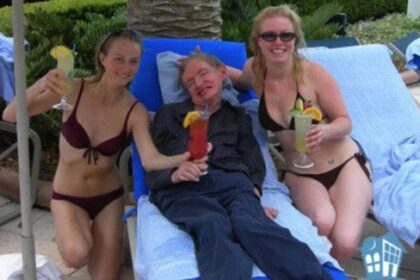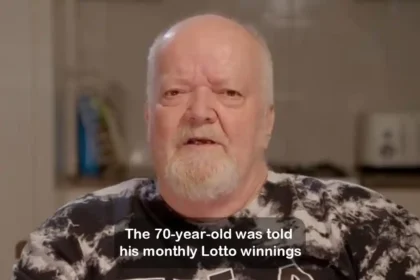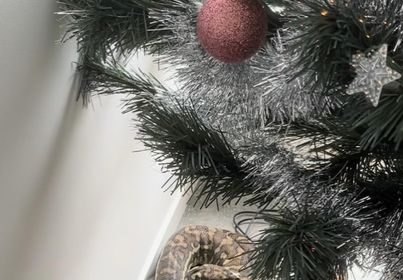Melissa Persling shared her personal journey – a narrative that resonates with many women questioning their path at a certain age. At 38, Persling found herself rethinking her long-held stance on marriage and children, embracing a desire for a different kind of life than the independent, carefree one she’d cultivated.
Persling’s story starts with a marriage at 22, built on the premise of a traditional family life. Despite her religious upbringing, she was feminism and clear about her own aspirations: a career, not children or domesticity. Yet, through the decade, the cracks began to show. The differences in their goals became unbridgeable, leading to a divorce at 30.
https://www.instagram.com/videonation.teb/p/C06N8aqSNBm/?img_index=2
I told myself I wouldn’t marry again,” she recalled. Independence and personal growth became her focus. The pursuit of self-fulfillment and adventure was initially satisfying, but as time passed, a sense of emptiness crept in. The carefree lifestyle, once thrilling, started to feel hollow.
As she turned 38, a wave of panic washed over Persling. The fear of ending up alone sparked a re-evaluation of her priorities.
I hardly recognized myself,” she admitted. “Was ‘making myself happy’ enough?”
She penned an article expressing her newfound urgency for a stable relationship and the reconsideration of marriage and children. It was a raw and vulnerable disclosure, resonating with women facing similar internal conflicts.
However, Persling’s story takes a surprising turn. Shortly after publishing the article, she reconnected with an old friend. Sparks flew, and their bond quickly evolved into something deeper. They began envisioning a future together, a future filled with the traditional elements she once rejected.
“This is different,” she emphasized. “It’s not the anxious butterflies or the constant phone checks. It’s a sense of peace and clarity, a vision we build together.”
While not identifying as a feminist, Persling acknowledges the movement’s influence on her past views.

“I was told ‘women can do it all,'” she explained. “But at this point, I realize we can’t, and that’s okay.”
Her story isn’t a condemnation of feminism, but rather a personal shift in values and priorities. It’s a reminder that happiness takes different forms, and sometimes, even deeply held beliefs can evolve as we gain life experience.
For women wrestling with similar questions, Persling’s journey offers a message of hope and self-discovery. It’s a testament to the possibility of embracing unexpected turns and redefining personal happiness, even at a crossroads. Read more articles like this on our website feedcrisp.














